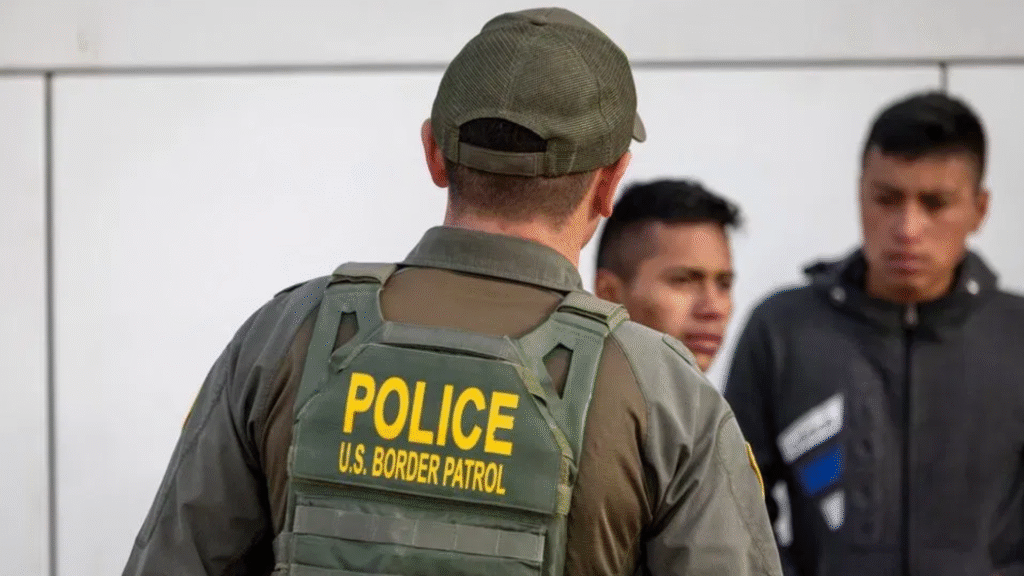
A federal judge has blocked the U.S. Border Patrol to arrest illegal immigrants without warrant in part of California, following allegations of unconstitutional detentions during a controversial enforcement operation earlier this year.
U.S. District Judge Jennifer L. Thurston ruled Tuesday that agents may no longer arrest individuals suspected of being in the U.S. illegally without a warrant—unless they can demonstrate a valid reason to believe the individual is likely to flee before a warrant can be secured.
In addition, agents may no longer stop individuals without reasonable suspicion or forcibly remove them from the country under the guise of “voluntary departure” unless the person is informed of their legal rights and explicitly agrees to leave.
These restrictions apply only within California’s Eastern District, where the federal lawsuit originated. The ruling stems from the Border Patrol’s aggressive enforcement campaign in January, dubbed “Operation Return to Sender,” which led to the detainment of dozens of individuals, many of whom were later alleged to be lawfully present or detained without due process.
The American Civil Liberties Union (ACLU), along with the United Farm Workers union and several affected individuals, filed the lawsuit against Homeland Security Secretary Kristi Noem and U.S. Border Patrol leadership. They claim agents indiscriminately detained individuals who “appeared to be farmworkers or day laborers” without regard for actual immigration status.
According to the lawsuit, detainees were bused to the southern border, denied access to legal counsel or family contact, and pressured into signing documents waiving their right to an immigration hearing and agreeing to leave the U.S.
Judge Thurston condemned the operation in her ruling, writing: “The evidence before the Court is that Border Patrol agents under DHS authority engaged in conduct that violated well-established constitutional rights.”
She ordered the Border Patrol to file detailed reports every 60 days, outlining all detentions or arrests conducted without warrants, and the reasons for those actions, until the litigation concludes.
Attorneys representing the Border Patrol argued that the court lacks jurisdiction over immigration enforcement actions unless a final order has been issued by an immigration judge.
They also claimed the lawsuit should be dismissed as moot, noting that DHS has since issued new internal guidance and training to ensure agents follow proper protocols.
However, Judge Thurston rejected that argument, stating that the policy shift came only after the lawsuit was filed and that the new guidance lacked sufficient legal strength to prevent future abuses.
“There is no reason to believe this policy won’t be changed again,” she wrote, suggesting the agency’s voluntary policy adjustments were not a sufficient legal safeguard.
The ruling represents a significant check on federal immigration enforcement within the Eastern District of California, a region with a large agricultural workforce and high concentrations of immigrants.
Legal experts say the decision could influence future lawsuits across the country, particularly in areas where immigration enforcement and civil liberties frequently clash.
The ACLU praised the ruling as a critical defense of constitutional protections for all individuals, regardless of immigration status.
“This decision makes clear that immigration enforcement agents are not above the law,” said ACLU attorney Carmen Iguina Gonzalez. “No one should be detained or deported without due process.”
As the case proceeds, all eyes will be on whether the Department of Homeland Security appeals the ruling—or whether further court decisions will expand these restrictions nationwide.

